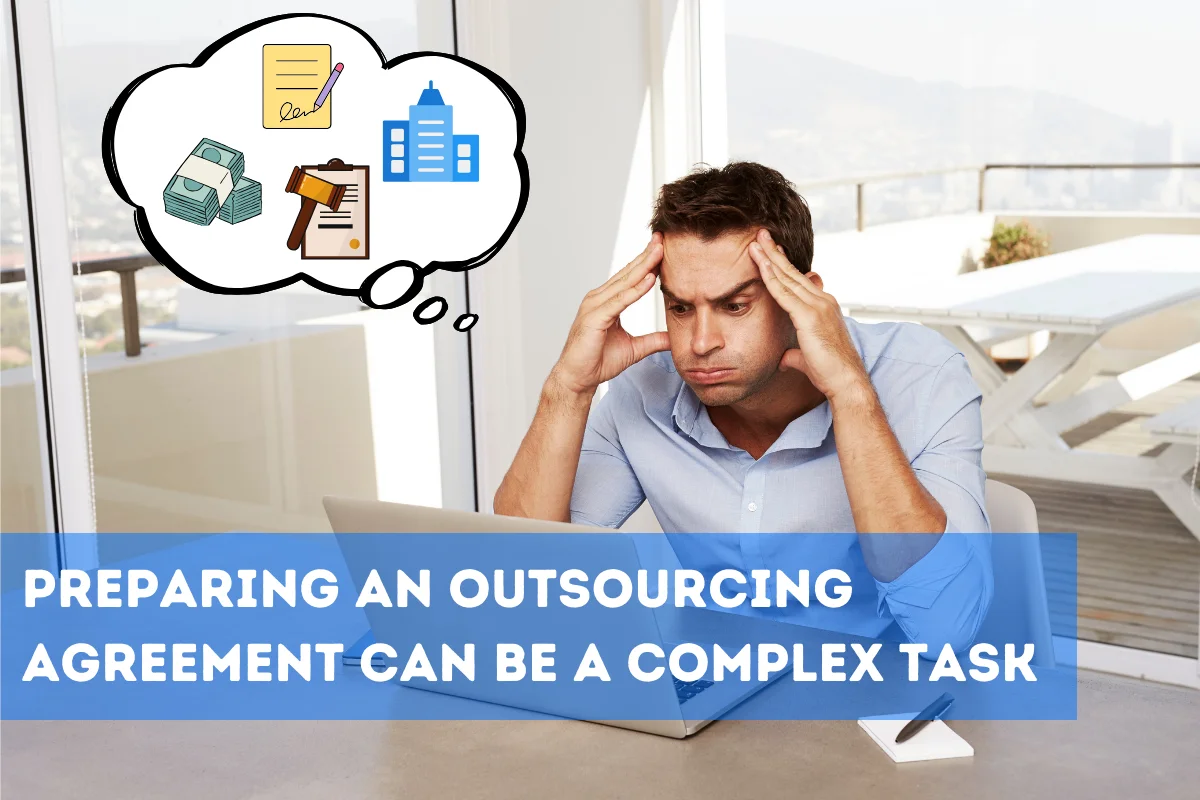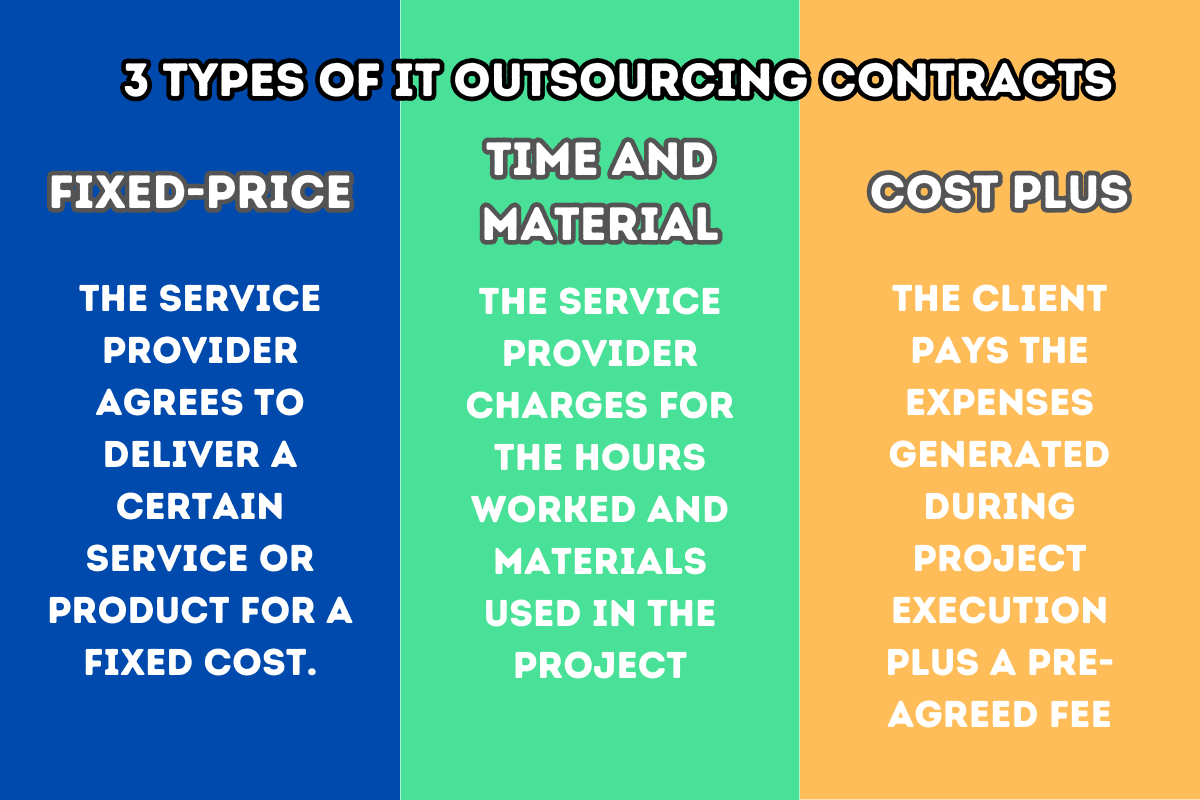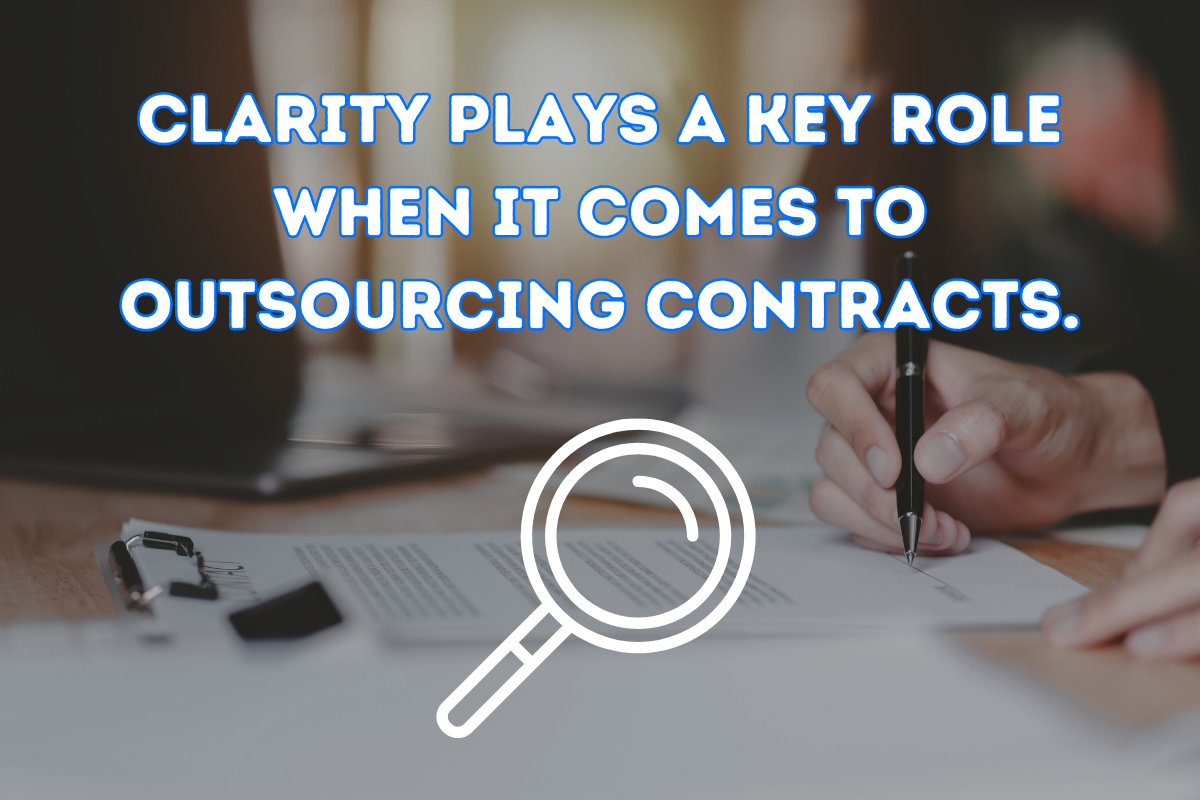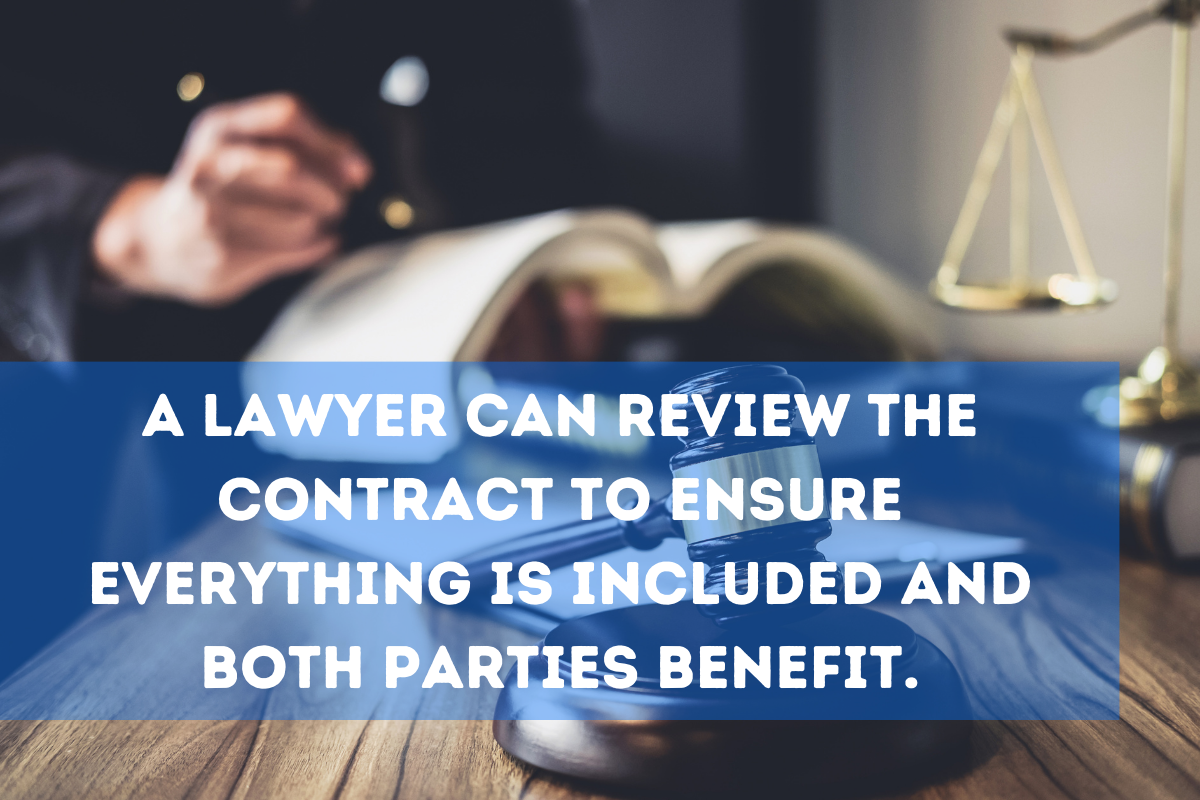In-App Purchases vs Ads: Which Strategy is Best?
You’ve created your app, and people are starting to download,...
We use cookies for our website to give you the most relevant experience by remembering your preferences. By clicking “accept”, you consent to use of ALL the cookies
This website uses cookies to improve your experience while you navigate through the website. Out of these, the cookies that are categorized as necessary are stored on your browser as they are essential for the working of basic functionalities of the website. We also use third-party cookies that help us analyze and understand how you use this website. These cookies will be stored in your browser only with your consent. You also have the option to opt-out of these cookies. But opting out of some of these cookies may affect your browsing experience.
Necessary cookies are absolutely essential for the website to function properly. These cookies ensure basic functionalities and security features of the website, anonymously.
| Cookie | Duration | Description |
|---|---|---|
| cookielawinfo-checkbox-functional | 11 months | This cookie is set by GDPR Cookie Consent plugin. The cookie is used to store the user consent for the cookies in the category “Analytics”. |
| cookielawinfo-checkbox-functional | 11 months | The cookie is set by GDPR cookie consent to record the user consent for the cookies in the category “Functional”. |
| cookielawinfo-checkbox-necessary | 11 months | This cookie is set by GDPR Cookie Consent plugin. The cookies is used to store the user consent for the cookies in the category “Necessary”. |
| cookielawinfo-checkbox-others | 11 months | This cookie is set by GDPR Cookie Consent plugin. The cookie is used to store the user consent for the cookies in the category “Other. |
| cookielawinfo-checkbox-performance | 11 months | This cookie is set by GDPR Cookie Consent plugin. The cookie is used to store the user consent for the cookies in the category “Performance”. |
| viewed_cookie_policy | 11 months | The cookie is set by the GDPR Cookie Consent plugin and is used to store whether or not user has consented to the use of cookies. It does not store any personal data. |
Functional cookies help to perform certain functionalities like sharing the content of the website on social media platforms, collect feedbacks, and other third-party features.
Performance cookies are used to understand and analyze the key performance indexes of the website which helps in delivering a better user experience for the visitors.
Analytical cookies are used to understand how visitors interact with the website. These cookies help provide information on metrics the number of visitors, bounce rate, traffic source, etc.
Advertisement cookies are used to provide visitors with relevant ads and marketing campaigns. These cookies track visitors across websites and collect information to provide customized ads.
Other uncategorized cookies are those that are being analyzed and have not been classified into a category as yet.
Cyberia Tech, Inc. respects your privacy. This Privacy Policy explains how we collect, use, and share your information. By using our services, you agree to this policy. If any other agreements conflict with this Privacy Policy, the terms of those agreements prevail.
Cyberia Tech complies with the EU-US and Swiss-US Privacy Shield Frameworks for handling personal data from the EEA, UK, and Switzerland. In case of any conflict, the Privacy Shield Principles prevail. Learn more at Privacy Shield. Key Definitions
Information linked to an individual, transferred from the EEA, UK, or Switzerland to the U.S.
Data revealing race, religion, health, sexual orientation, and similar categories.
Effective Date: [ 2025 / 08 / 30 ]
Welcome to The Cyberia Tech ! By accessing or using our website or services, you agree to
comply with and be bound by these Terms of Use and our Privacy Policy. If you do not agree with
these terms, please do not use our Services.
Loading
0 %![IT Outsourcing Contract Guide [examples included]](https://www.thecyberiatech.com/wp-content/uploads/2024/02/saas-outsourcing-contract.webp)

After finding the right candidate to assign your tasks, the next step is to draft an IT outsourcing contract. A well-prepared IT contract is a clear and detailed document that covers every key aspect of a business partnership.
Getting a good deal with your contractor helps you grow your business because you’ll have more time to focus on your main tasks. Besides, you can receive high-standard services at a better price.
In this article, we’ll discuss the common types of outsourcing contracts, the key considerations for crafting a winning agreement, and IT outsourcing contract examples.
It’s a legal agreement between a client and an IT outsourcing service provider. This agreement defines the objectives, terms and conditions, timeline, costs, and other aspects of the partnership. It also covers legal subjects such as intellectual property, NDA (Non-Disclosure Agreement) and other topics.
(IT outsourcing usually refers to web/mobile app/software development, cloud computing, technical support, SaaS outsourcing, etc.)

The IT outsourcing agreement will help both parties set goals and expectations, reduce risks, and avoid further arguments. However, like any other legal document, it can be long, complicated, and hard to understand.
Before signing a contract, you may have some doubts about outsourcing. You can read the blog post on the outsourcing questions you should ask . It will help you to have a clear idea what to discuss with the service provider and make a beneficial partnership.
We try to make it as clear as possible by talking about the most important clauses in an IT outsourcing contract. This way, we’ll save you a lot of time and money.
Understanding the right outsourcing contract model is crucial. It can affect many areas of your business, such as financial condition, operational efficiency, and risk management. Opting for the best type of contract is a key to maximising the benefits of outsourcing for your company.
Here, we’re going through three common types of IT outsourcing contracts:
As the name implies, the service provider agrees to deliver a certain service or product for a fixed cost. It’s a good option for a well-defined project where everything is clear and straightforward. It’s one of the most popular contracts because the client can predict the costs beforehand.
Businesses use this type when an estimation of time or costs is not possible for a project upfront. It’s based on the requested tasks or products and the time it takes to accomplish them. In fact, the service provider charges for the hours worked and materials used in the project.
This method is an excellent choice when flexibility is needed, as the client may need to make adjustments. The time and material contract end when the client’s requirements are fulfiled. These requirements include product delivery or any other functions that are asked of the service provider.
This model is used when the scope of the project may change during the implementation or when the client is not completely sure about his or her expectations.
In a cost-plus contract, the client pays the expenses generated during project execution plus a pre-agreed fee or profit margin. The service provider presents invoices, including direct and indirect expenses. Then, the client checks the invoices and makes the corresponding payments.

We mentioned the most common types of contracts. But after doing some research, we found some other models. If you believe you need a specific contract, it’s recommended to contact a legal advisor. Here are two examples of other forms in which you can make a contract with your service provider:
In this type of contract, both parties agree on an expected fee (target cost) for the client to pay the outsourcing company. If the target cost is less than anticipated, they will share the extra amount. If the costs are higher than expected, both partners will be responsible for the extra expenses.
You can hire an individual or a team to carry out the assigned tasks. In this case, you’ll have a dedicated team that works exclusively on your project. It’s like having an extra in-house team while the service provider takes care of the administrative and HR aspects.
Prior to going through how to structure an outsourcing contract, we want to refer to a vital point. Ensure there are no conflicts related to your interests before signing an outsourcing agreement with your service provider.
Let’s clarify that. Your contractor may be working with your competitors. As you provide them with your confidential data, the outsourcing company should inform you. This way, you won’t have trouble in the future.

If prerequisites are discussed, now you are ready to create the contract. Crafting a neat agreement may be time-consuming. But you have to do your homework to avoid any probable conflict in the future. We have included three examples of contracts at the end of the article, so please keep reading.
Here are the key considerations when preparing an IT outsourcing contract:
1. Project Scope in details
Your contract starts with a definition of the project scope. This section includes your goals, tasks, responsibilities, and deliverables. The main point of this clause is to make responsibilities clear while arranging the procedures for future cooperation.
It should indicate the activities and metrics, or SLA (service level agreement), to measure and monitor the success of the partnership.
2. Service-level Agreement (SLA)
A service-level agreement (SLA) defines the metrics and benchmarks that are used to monitor the quality of service provided by the vendor. It is an essential part of any contract with a technology vendor. This section should be as extensive as possible and include penalties if the SLAs are not met.
3. Contract Duration and Termination
The start and end points of the contract should be stated. Include measures for contract renewal and the conditions under which each party can terminate the agreement. Why? Well, you don’t want to continue an agreement that doesn’t benefit your business for 20 years!
The other aspect to point out is the period of notice before ending the contract. The process of transitioning the services to the client or transferring them to another contractor should be covered as well.
4. Assets Transfer
An asset transfer clause must be prepared in order to bind the transfer and return procedures of these assets to the contracted company. These assets might consist of telecommunications equipment, hardware, software licencing, etc. Be advised that certain items, such as software licences, could come with extra fees, taxes, and stamp duties.
5. Warranty of the Project/Product
You may have doubts about outsourcing your operations to another company. To help you ease your worries, we have talked about questions to ask before outsourcing in another article. If your service provider fails to fulfil the tasks, you’ll lose a lot of time and money.
It’s always a good idea to “Hope for the best and be prepared for the worst.” In the event of failure, it should be clear how the harm is going to be recovered. You can discuss the indemnification terms here or in a separate clause.
6. Ownership of Product
You would like to have full control over your project. However, in some cases, the outsourcing service provider and the client share ownership of the software. This case happens when the vendor acquires the existing software or makes an expansion of it.
Whether you want to build your project from zero or upgrade it, the agreement should be clear about the ownership of the product.
7. Intellectual Property Protection
Intellectual property (IP) is among the biggest concerns for companies and businesses. They are afraid that their ideas would be stolen if shared with a third party. If left unattended, it may lead to legal problems.
You have to make clarifications on who will reserve the rights for the existing IP, who will be the owner of the new IP created during the agreement, and what happens to shared IPs. It’s advisable to add clauses that protect your valuable information and limit the contractor’s access to sensitive data.
Here are a few tips to take care of your intellectual property:
8. Data Security and Privacy
Here you define measures for the contractor to protect your data and comply with applicable laws and regulations. Have a plan in case of data breach notifications, data management procedures, backup, and recovery. Express the provisions to return or destroy the data you deliver to the vendor after the contract ends.
9. Non-Disclosure Agreement (NDA)
A non-disclosure agreement (NDA) is a legal deal between at least two parties about how to use and share certain information.
To protect sensitive data and information, you have to include confidentiality clauses. An NDA is a good way to define clearly what you consider “confidential,” the responsibility of each party to protect the data, and any exceptions or restrictions that need to be addressed.
10. Cost and Payment
One of the most important parts of any contract is the cost and payment terms. Leave no space for misinterpretations by specifying the cost calculation, invoicing, and payment methods. Don’t forget the side expenses such as travel costs or overtime pay.
Here we mention two examples to give you a better idea:
The last point is to explain the process for any changes (in pricing) and further negotiations.
11. Resolution of Disputes
No one starts a partnership in order to end it in a court of law. But it does no harm to be prepared for tough situations. A good practice to prevent legal issues is to designate an impartial third party to help both sides settle.
12. Subcontracting
Subcontracting means your outsourcing service provider assigns another individual or company to accomplish the required tasks. While many contractors like to have the freedom to hire subcontractors, you’re the one who decides on this matter.
13. Exit Strategy
This section consists of a plan to end the partnership with your contractor, especially the long-term agreements. It includes the notice period, the associated costs, the return of assets, penalties, and any other procedures that need to be done after the contract ends.
14. Legal and Regulatory Compliance
This is where you express anything related to applicable law, regulations, and industry standards. Data protection, labour laws, security certifications, and any other relevant legal or regulatory requirements may fall under this category.
Outsourcing allows businesses to assign a specialised third party to fulfil the non-core functions (like customer support). Then, companies can focus on more important tasks and have the opportunity to save time and money. This is an excellent approach for firms looking to grow.
In the B2B (business-to-business) world, contracts play an important role. Be careful to read over the contract. It doesn’t do any harm if you read it multiple times. This way, you won’t sign an agreement that is not in your best interest.
Thinking of a suitable topic for web app development has always been tough. Accordingly, it is best if you focus on your interests and try to be creative at the same time. The more energy and enthusiasm you put into your projects, the better results will be gained. For genuine web application ideas, you can consider the problems that many people deal with every day.
Thinking of a suitable topic for web app development has always been tough. Accordingly, it is best if you focus on your interests and try to be creative at the same time. The more energy and enthusiasm you put into your projects, the better results will be gained. For genuine web application ideas, you can consider the problems that many people deal with every day.

Having a lawyer read it is another way to make sure everything is included and both parties can benefit from the partnership. And last but not least, you have to do profound research beforehand to find dependable companies. Feel free to discuss any concerns with them before starting the project.
After putting everything in place to have a high-standard agreement with your IT contractor, we assume you’re waiting to see things in action. Below, we have prepared 3 IT outsourcing contract example for you to better understand how things are done.
Here are some outsourcing contract samples for you. You can click on links below to download the templates. You can download each template easily or download all of them in just one Microsoft Word file.
Please note that these are just examples to present a general framework. We do not recommend in any way using the exact copy of these contracts to form an outsourcing partnership. It is highly recommended that you seek legal advice from a professional lawyer to ensure having a win-win agreement.
What does outsource contract mean?
It’s a legal document between a company and an outsourcing service provider. It includes the expectations, terms of work, timeline and other aspects of a partnership.
How long are outsourcing contracts?
There is no a certain duration for that. It can be for 6 months and goes to even 10 years.
In this article, we tried to clarify how to craft a solid IT outsourcing contract. There are different types of contracts, and you can choose the one that best fits your needs. We also talked about the most important clauses you need to consider.
From defining your expectations to legal provisions, it’s necessary to make everything clear before delegating your tasks to a third party.
It is critical to consult with a legal practitioner to review the contract and understand the legal aspects of each clause. Take time to prepare the contract, and do not use the exact IT contract sample you downloaded from the internet. Lastly, never sign a contract without reading it.
You Can Get More Information!
